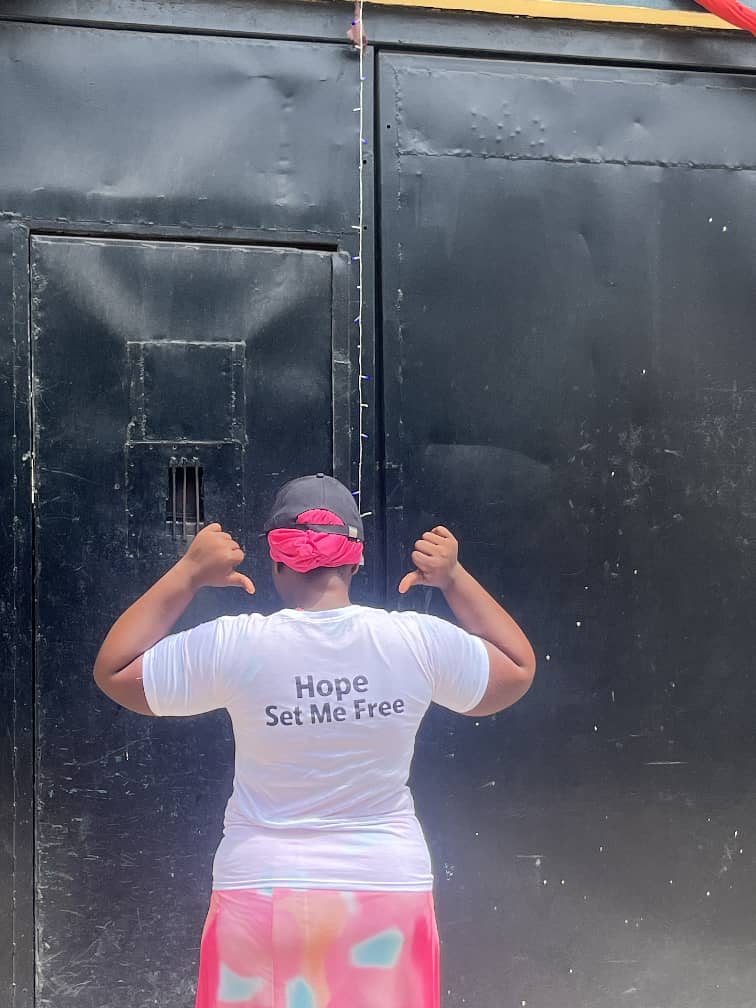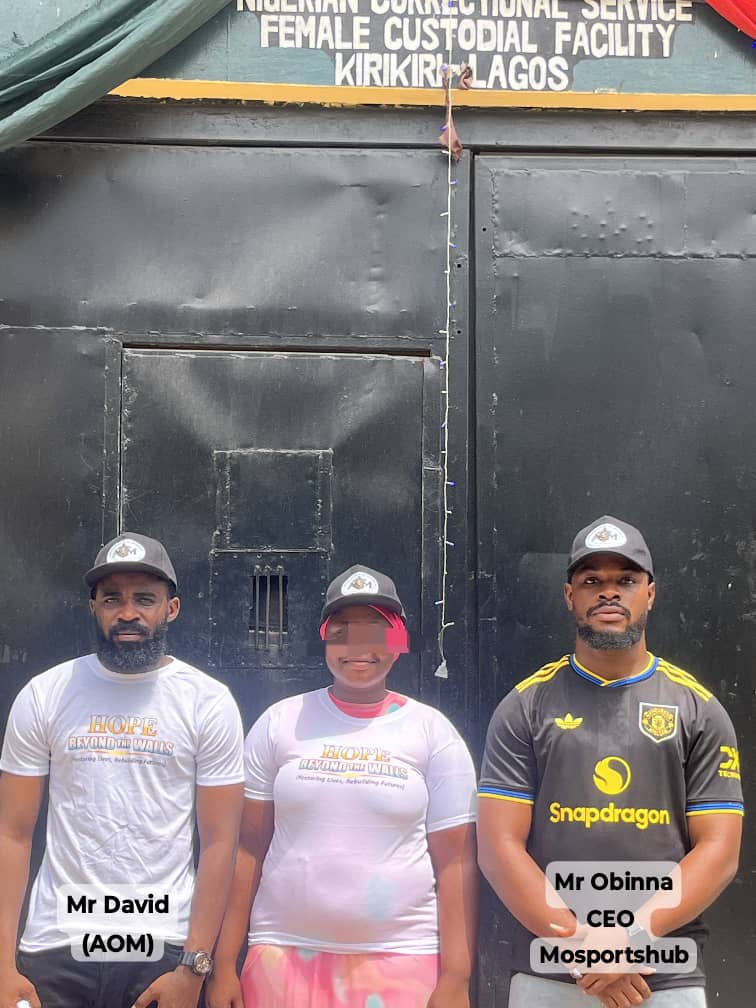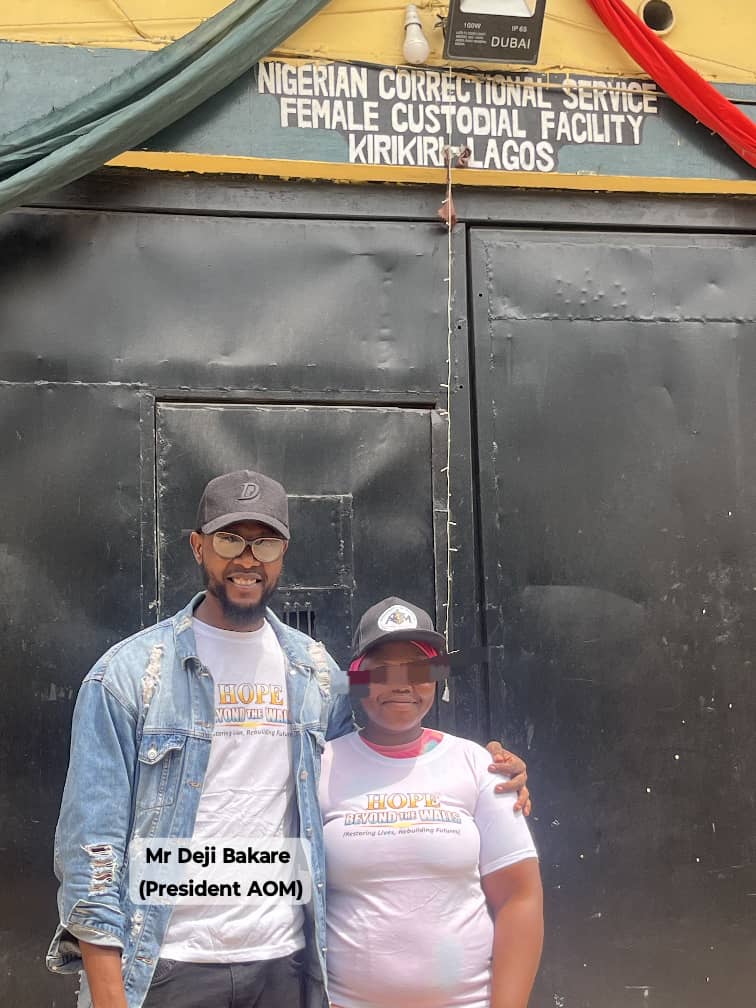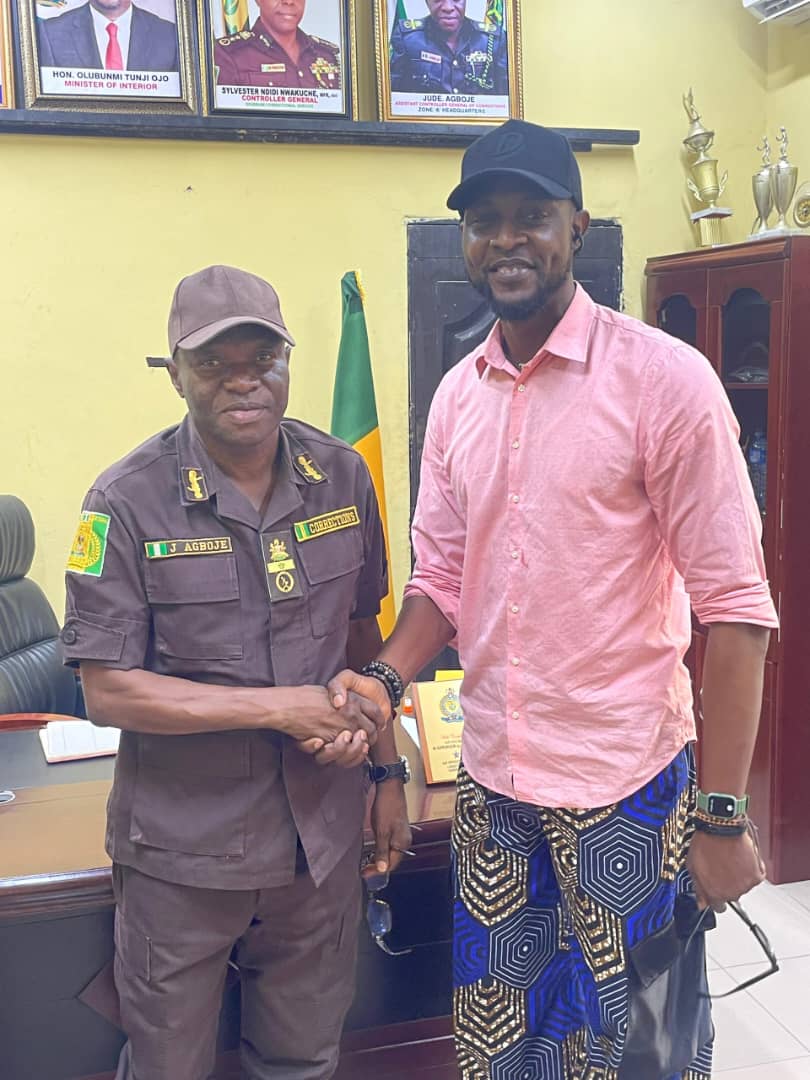society
General Yakubu Gowon @90: “To Keep Nigeria One Is a Task That Must Be Done”…
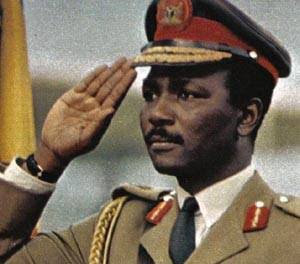
General Yakubu Gowon @90: “To Keep Nigeria One Is a Task That Must Be Done”…..DARE ADELEKAN
As General Yakubu Gowon celebrates his 90th birthday, it is essential to reflect on his enduring legacy and the historical significance of his famous statement, “To keep Nigeria one is a task that must be done.” These words, spoken during one of Nigeria’s most turbulent periods, continue to resonate profoundly in the country’s political landscape and its national consciousness.
1. Leadership During Crisis: The Nigerian Civil War (1967–1970)
Gowon became the Head of State in 1966, at the young age of 31, following a series of political crises and coups that threatened to tear Nigeria apart. His ascension to power coincided with rising ethnic tensions, culminating in the secession of the Eastern Region, which declared itself the independent state of Biafra in 1967.
The ensuing Nigerian Civil War, also known as the Biafran War, was one of the darkest chapters in Nigeria’s history. It was a brutal conflict, marked by immense human suffering, widespread famine, and significant loss of life. Throughout the war, Gowon’s leadership was defined by his unwavering belief in Nigeria’s unity. His administration’s commitment to preserving the territorial integrity of the country was reflected in his rallying cry, “To keep Nigeria one is a task that must be done.”
This statement became more than a slogan; it was a call to action that guided the federal government’s strategy throughout the war. The belief that Nigeria’s unity was non-negotiable shaped Gowon’s policies, including the eventual military victory over Biafra and the reintegration of the secessionist region into the Nigerian state in 1970. The end of the civil war was marked by Gowon’s declaration of “No victor, no vanquished,” signaling his intent to promote reconciliation and national healing.
2. The Burden of National Unity
For Gowon, preserving Nigeria’s unity was not just a political goal but a moral imperative. He recognized the diversity of Nigeria’s ethnic, religious, and regional composition and understood that the country’s strength lay in its ability to maintain unity amid such complexity.
The post-war period was dedicated to reconstruction, rebuilding infrastructure, and fostering a sense of national identity. Gowon’s government initiated the National Youth Service Corps (NYSC) in 1973, a program aimed at promoting national integration by encouraging Nigerian youth to serve in regions other than their own. This initiative remains one of his most enduring legacies, as it continues to foster cross-cultural understanding and unity among Nigeria’s youth today.
3. Challenges and Achievements
Gowon’s tenure as Head of State saw both successes and challenges. On the economic front, the oil boom of the 1970s provided Nigeria with unprecedented revenues, which his administration used to fund ambitious infrastructure projects. His government implemented the Second National Development Plan (1970-1974), focusing on rehabilitating war-torn areas, expanding education, and modernizing Nigeria’s economy.
However, his leadership also faced criticism for corruption, economic mismanagement, and delayed transitions to civilian rule. Despite his earlier promise to return power to civilians in 1976, Gowon postponed the transition, leading to growing discontent within the military and among the populace. In 1975, he was overthrown in a bloodless coup while attending the Organization of African Unity (OAU) summit in Uganda.
4. Statesmanship in Retirement
Despite the sudden end to his regime, Gowon has remained a respected elder statesman. Over the years, he has dedicated his life to peacebuilding and humanitarian efforts, becoming an ambassador for national unity. His work with the Yakubu Gowon Centre for National Unity and International Cooperation, established in 1992, reflects his lifelong commitment to the cause of peace, unity, and reconciliation.
At 90, Gowon continues to be a symbol of Nigeria’s enduring quest for unity. His belief in a united Nigeria, expressed through his leadership during the civil war and his post-retirement efforts, has inspired subsequent generations of leaders to prioritize the country’s unity in the face of challenges.
5. Gowon’s Legacy: A Reflection on Nigeria’s Present and Future
Gowon’s famous mantra, “To keep Nigeria one is a task that must be done,” remains as relevant today as it was during the civil war. Nigeria, with its complex ethnic, religious, and regional divides, continues to grapple with issues of national unity. Ethnic tensions, insurgencies, and separatist movements, like those in the Northeast and Southeast, challenge the fabric of Nigeria’s nationhood.
As Nigeria navigates its modern political challenges, the legacy of Gowon’s leadership provides critical lessons. His focus on dialogue, reconciliation, and nation-building remains a guiding principle for addressing the country’s current divisions. His belief in unity, despite diversity, speaks to the ongoing task of fostering inclusion, justice, and equity across all of Nigeria’s regions.
6. Conclusion: A Legacy of National Unity
At 90, General Yakubu Gowon stands as a living testament to the power of leadership in times of national crisis. His unwavering commitment to Nigeria’s unity during the civil war and his post-leadership efforts in peacebuilding solidify his place in history as one of Nigeria’s most significant leaders.
As Nigeria looks to the future, the task of keeping the nation united continues to rest on the shoulders of its leaders and citizens alike. Gowon’s legacy challenges Nigerians to uphold the principle that “To keep Nigeria one is a task that must be done”, recognizing that national unity is not merely a goal but an ongoing responsibilities
society
Tinubu Mourns Rear Admiral Musa Katagum: A National Loss for Nigeria’s Military Leadership
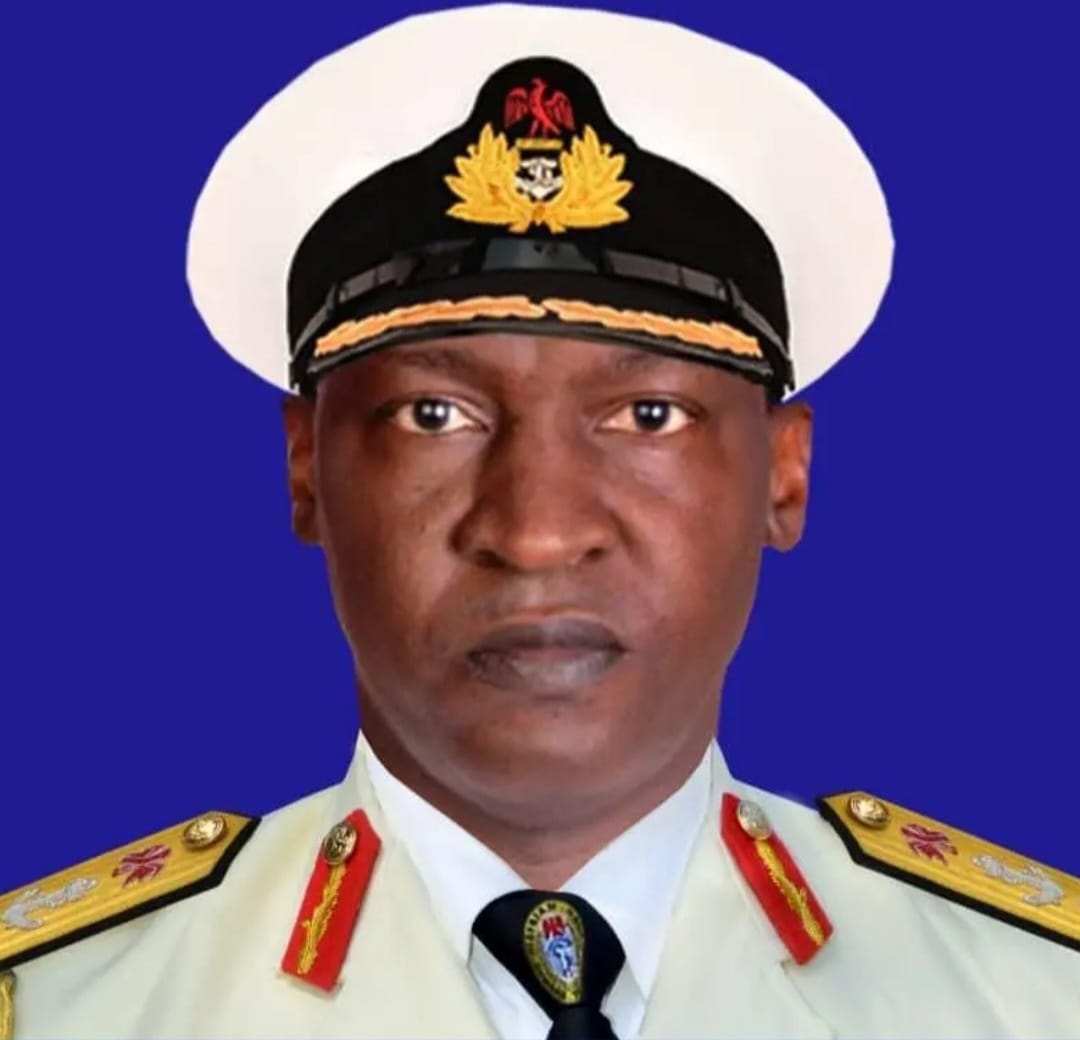
Tinubu Mourns Rear Admiral Musa Katagum: A National Loss for Nigeria’s Military Leadership
By George Omagbemi Sylvester | Published by SaharaWeeklyNG
“President Tinubu Pays Tribute as Nigeria’s Naval Command Mourns the Sudden Loss of a Strategic Maritime Leader at a Critical Security Juncture.”
Abuja, Nigeria – President Bola Ahmed Tinubu has officially mourned the death of Rear Admiral Musa Bello Katagum, the Chief of Naval Operations of the Nigerian Navy, who died on February 19, 2026, after a protracted illness while receiving treatment abroad. His passing has sent ripples through Nigeria’s defence establishment and national security architecture, marking the loss of one of the most experienced and respected maritime commanders in recent memory.
In a statement released on February 20, 2026 by his Special Adviser on Information and Strategy, Bayo Onanuga, President Tinubu described Rear Admiral Katagum’s death as a “significant blow to the military and the nation,” noting the late officer’s vast experience and “invaluable contributions” to both the Nigerian Navy and the broader “Armed Forces of Nigeria”. The President extended heartfelt condolences to the bereaved family, naval personnel and the nation at large, while praying for solace and strength for colleagues and loved ones.
Rear Admiral Katagum’s career was marked by distinguished service in several strategic capacities. Before his appointment as Chief of Naval Operations in November 2025, he served as Director of the Presidential Communication, Command and Control Centre (PC4) and Chief of Intelligence of the Nigerian Navy-roles that placed him at the nexus of naval operational planning and intelligence gathering. His leadership was widely credited with enhancing the Navy’s capacity to respond to growing maritime threats in the Gulf of Guinea, including piracy, illegal bunkering, and transnational crime.
Security policy experts emphasise that Katagum’s loss comes at a critical juncture for Nigeria. Dr. Adebola Akinpelu, a defence analyst at the Institute for Security Studies, observes that “Nigeria’s maritime domain remains a frontline in the broader security challenges facing the nation; the loss of an adept operational leader like Rear Admiral Katagum is not just a personnel change but a strategic setback.” His insight reflects broader concerns about continuity in military leadership amid intensifying threats.
The Nigerian Navy’s own statement, confirmed by the Directorate of Naval Information, affirmed that Katagum’s “exemplary leadership, strategic insight, and unwavering loyalty” were central to boosting operational readiness and national defence. According to Captain Abiodun Folorunsho, the Director of Naval Information, “His legacy remains a source of inspiration across the services.”
As Nigeria grapples with complex security landscapes at its land and maritime frontiers, the death of Rear Admiral Katagum underscores a broader national imperative: strengthening institutional capacities while honouring the service and sacrifice of those who defend the nation’s sovereignty. In the words of military scholar Professor James Okoye, “Leadership in security institutions is not easily replaceable; it is built through experience, trust and strategic clarity; qualities that Katagum embodied.”
Rear Admiral Musa Katagum has since been laid to rest in accordance with Islamic rites, leaving behind a legacy that will inform Nigerian naval operations for years to come.
society
Viral “Chat With God” Claim Targeting Kenyan Prophet David Owuor Proven False

Viral “Chat With God” Claim Targeting Kenyan Prophet David Owuor Proven False
By George Omagbemi Sylvester, SaharaWeeklyNG
“Viral screenshot sparks national controversy as the Ministry of Repentance and Holiness dismisses fabricated “divine” WhatsApp exchange, raising urgent questions about faith, digital misinformation, and religious accountability in Kenya.”
A sensational social media claim that Kenyan evangelist Prophet Dr. David Owuor displayed a WhatsApp conversation between himself and God has been definitively debunked as misinformation, sparking national debate over digital misinformation, religious authority and faith-based claims in Kenya.
On February 18–19, 2026, an image purporting to show a WhatsApp exchange between a deity and Prophet Owuor circulated widely on Twitter, Facebook, WhatsApp groups and TikTok. The screenshot, allegedly shared during one of his sermons, was interpreted by many as illustrating unprecedented direct communication with the divine delivered through a mainstream messaging platform; a claim that, if true, would have broken new ground in how religious revelation is understood in contemporary society.
However, this narrative quickly unraveled. Owuor’s Ministry of Repentance and Holiness issued an unequivocal public statement calling the image “fabricated, baseless and malicious,” emphasizing that he has never communicated with God through WhatsApp and has not displayed any such digital conversation to congregants. The ministry urged the public and believers to disregard and stop sharing the image.
Independent analysis of the screenshot further undermined its credibility: timestamps in the image were internally inconsistent and the so-called exchange contained chronological impossibilities; clear indicators of digital fabrication rather than an authentic conversation.
This hoax coincides with rising scrutiny of Owuor’s ministry. Earlier in February 2026, national broadcaster TV47 aired an investigative report titled “Divine or Deceptive”, which examined alleged “miracle healing” claims associated with Owuor’s crusades, including assertions of curing HIV and other chronic illnesses. Portions of that investigation suggested some medical documentation linked to followers’ health outcomes were fraudulent or misleading, intensifying debate over the intersection of faith and public health.
Credible faith leaders have weighed in on the broader context. Elias Otieno, chairperson of the National Council of Churches of Kenya (NCCK), recently urged that “no religious leader should replace God or undermine medicine,” affirming a widely accepted Christian understanding that divine healing does not supplant established medical practice. He warned against unverified miracle claims that may endanger lives if believers forego medical treatment.
Renowned communications scholar Professor Pippa Norris has noted that in digital societies, “religious authority is increasingly contested in the public sphere,” and misinformation (intentional or accidental) can quickly erode trust in both religious and secular institutions. Such dynamics underscore the importance of rigorous fact-checking and responsible communication, especially when claims intersect profoundly with personal belief and public well-being.
In sum, the viral WhatsApp chat narrative was not a revelation from the divine but a striking example of how misinformation can exploit reverence for religious figures. Owuor’s swift repudiation of the false claim and broader commentary from established church bodies, underline the ongoing challenge of balancing deeply personal faith experiences with the evidence-based scrutiny necessary in a digitally connected world.
society
HOPE BEYOND THE WALLS 2026: ASSOCIATION OF MODELS SUCCESSFULLY SECURES RELEASE OF AN INMATE, CALLS FOR CONTINUED SUPPORT

HOPE BEYOND THE WALLS 2026: ASSOCIATION OF MODELS SUCCESSFULLY SECURES RELEASE OF AN INMATE, CALLS FOR CONTINUED SUPPORT
The Association of Models (AOMNGO) proudly announces the successful completion of the first edition of Hope Beyond the Walls 2026, a humanitarian initiative dedicated to restoring hope and freedom to deserving inmates.
Despite enormous challenges, financial pressure, emotional strain, and operational stress, the organization remained committed to its mission. Through perseverance, faith, and collective support, one inmate has successfully regained freedom a powerful reminder that hope is stronger than circumstance.
This milestone did not come easily.
Behind the scenes were weeks of coordination, advocacy, fundraising, documentation, and intense engagement. There were moments of uncertainty, but the determination to give someone a second chance kept the vision alive.
Today, the Association of Models gives heartfelt appreciation to all partners and sponsors, both locally and internationally, who stood with us mentally, financially, morally, and physically.
Special Recognition and Appreciation To:
Correctional Service Zonal Headquarters Zone A Ikoyi
Esan Dele
Ololade Bakare
Ify
Kweme
Taiwo & Kehinde Solagbade
Segun
Mr David Olayiwola
Mr David Alabi
PPF Zion International
OlasGlam International
Razor
Mr Obinna
Mr Dele Bakare (VOB International)
Tawio Bakare
Kehinde Bakare
Hannah Bakare
Mrs Doyin Adeyemi
Shade Daniel
Mr Seyi United States
Toxan Global Enterprises Prison
Adeleke Otejo
Favour
Yetty Mama
Loko Tobi Jeannette
MOSES OLUWATOSIN OKIKIADE
Moses Okikiade
(Provenience Enterprise)
We also acknowledge the numerous businesses and private supporters whose names may not be individually mentioned but whose contributions were instrumental in achieving this success.
Your generosity made freedom possible.
A CALL TO ACTION
Hope Beyond the Walls is not a one-time event. It is a movement.
There are still many deserving inmates waiting for a second chance individuals who simply need financial assistance, legal support, and advocacy to reunite with their families and rebuild their lives.
The Association of Models is therefore calling on:
Corporate organizations
Local and international sponsors
Philanthropists
Faith-based organizations
Community leaders
Individuals with a heart for impact
to partner with us.
Our vision is clear:
To secure the release of inmates regularly monthly, quarterly, or during special intervention periods through structured support and transparent collaboration.
HOW TO SUPPORT
Interested partners and supporters can reach out via
Social Media: Official Handles Hope In Motion
Donations and sponsorship inquiries are welcome.
Together, we can turn difficult stories into testimonies of restoration.
ABOUT AOMNGO
The Association of Models (AOMNGO) is a humanitarian driven organization committed to advocacy, empowerment, and social impact. Through projects like Hope Beyond the Walls, the organization works tirelessly to restore dignity and create opportunities for individuals seeking a second chance.
“When we come together, walls fall and hope rises.”
For media interviews, partnerships, and sponsorship discussions, please contact the Association of Models directly.
-

 celebrity radar - gossips6 months ago
celebrity radar - gossips6 months agoWhy Babangida’s Hilltop Home Became Nigeria’s Political “Mecca”
-

 society6 months ago
society6 months agoPower is a Loan, Not a Possession: The Sacred Duty of Planting People
-

 society5 months ago
society5 months agoReligion: Africa’s Oldest Weapon of Enslavement and the Forgotten Truth
-

 news6 months ago
news6 months agoTHE APPOINTMENT OF WASIU AYINDE BY THE FEDERAL GOVERNMENT AS AN AMBASSADOR SOUNDS EMBARRASSING








